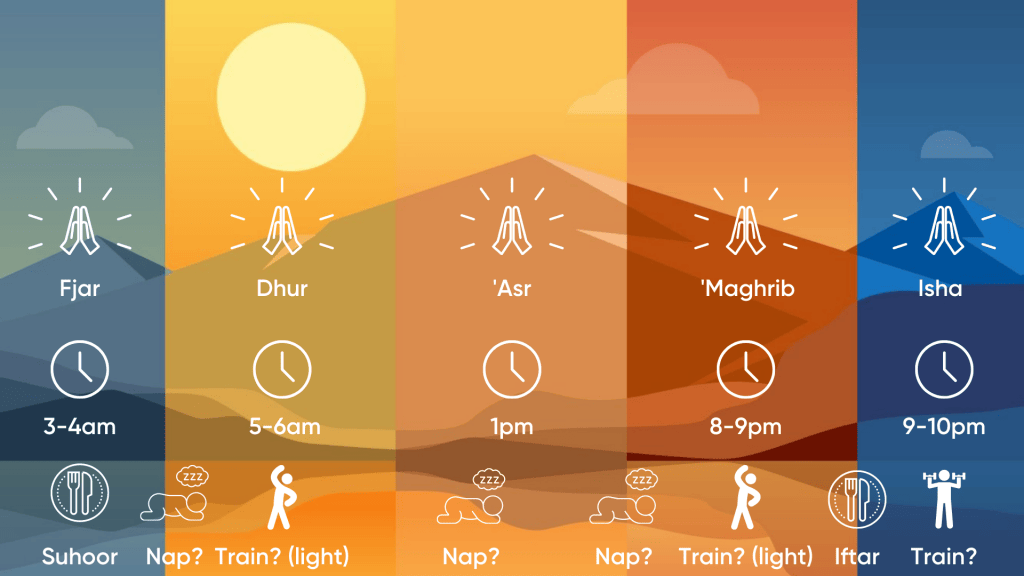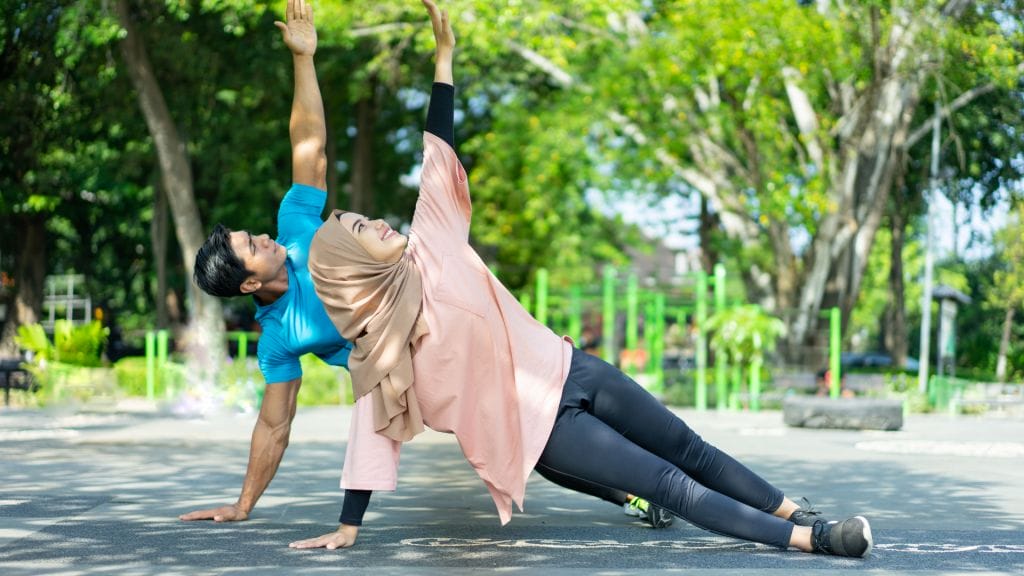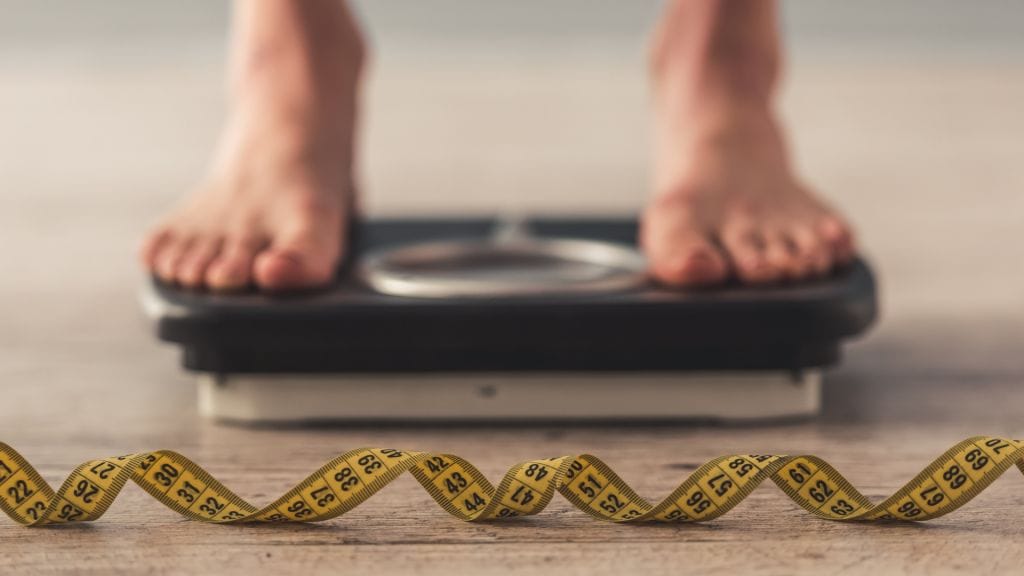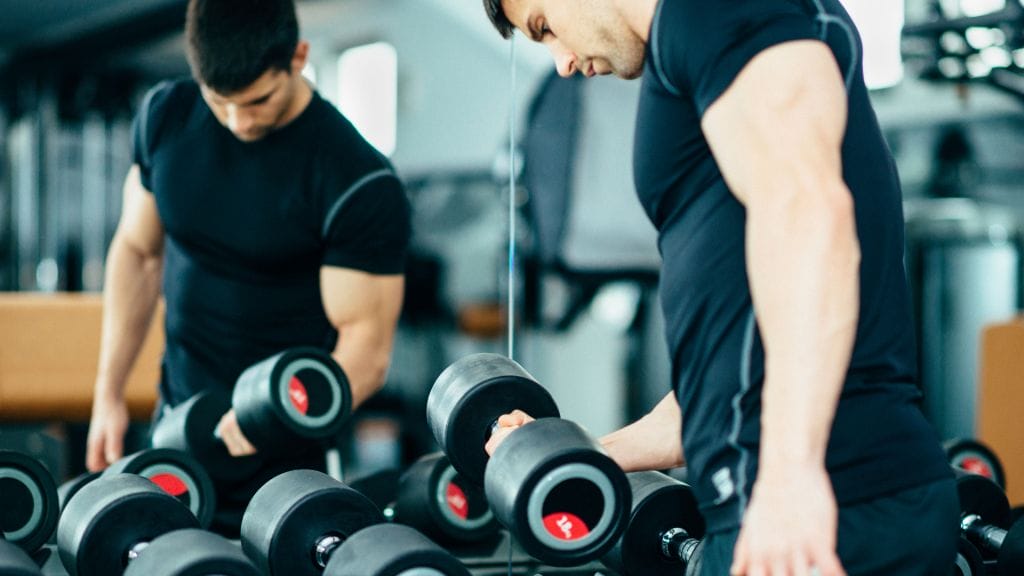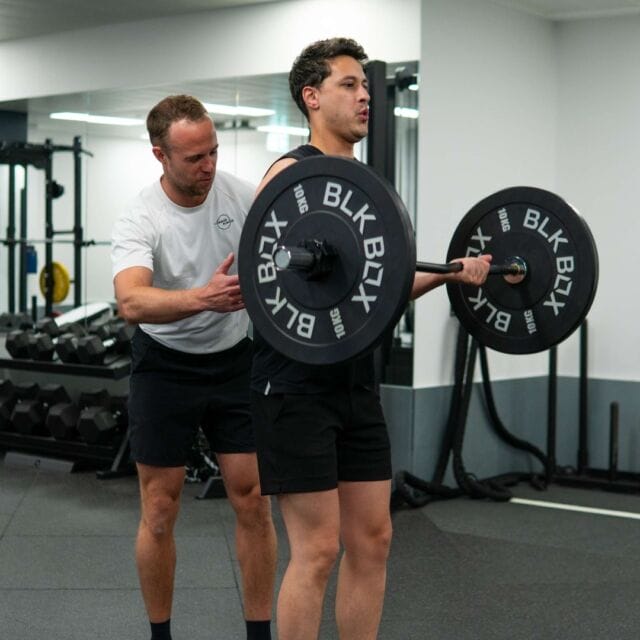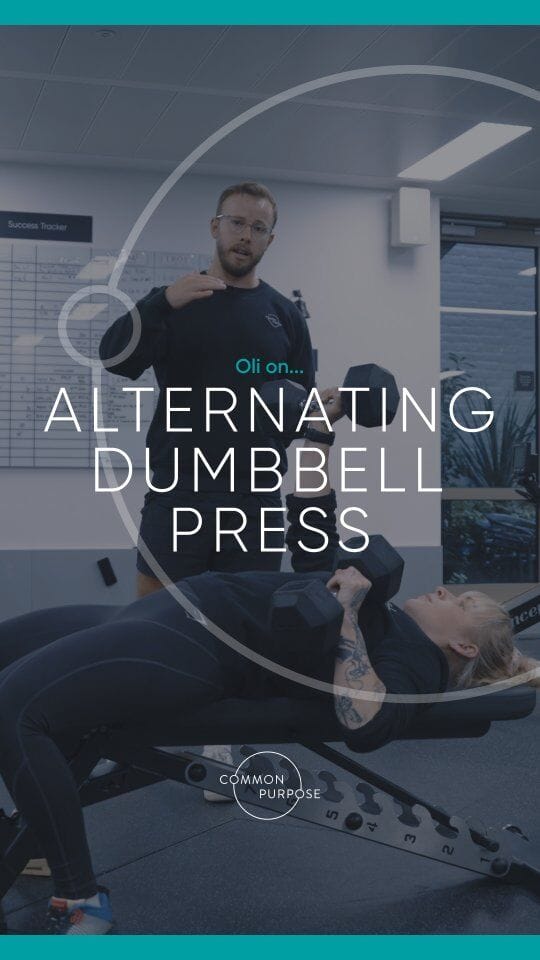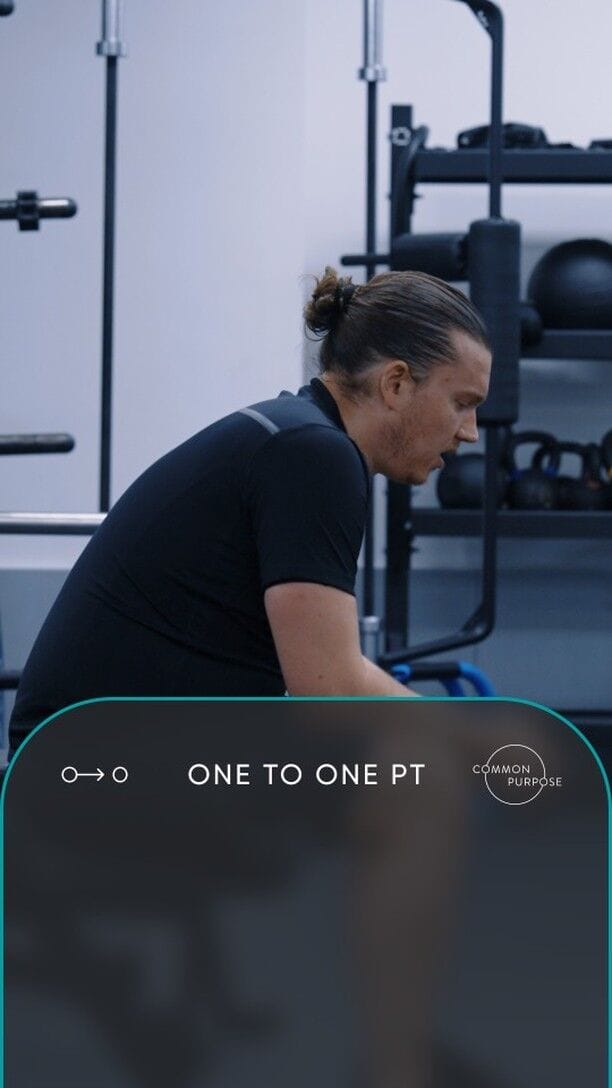1. Have a Plan
Planning and organising your meals and training becomes even more important when practising Ramadan, as there is a lot less time available and every hour counts! Set aside your training time and prioritise it highly. Make sure the house is stocked with healthy food and preparing your meals/snacks in the day time (you can always bulk cook for multiple nights). Front-loading this effort will pay off massively in the long run.
2. Hydration First
One of the most difficult parts of Ramadan is the restriction of water during the day. Dehydration can be dangerous (especially in the heat and when exercising), so prioritise water intake during the night. You may even want to try some low sugar hydration tablets that endurance athletes use, to ensure your electrolyte levels don’t drop too low. Avoiding diuretics (such as caffeine and alcohol) and reducing your salt intake will prevent you from becoming dehydrated.
3. Maximise Sleep
Ramadan comes with inevitable sleep disruption, but there are things we can do to maximise the amount of sleep we get. Regular naps during the day (as previously mentioned).
Pre-preparing your meals ensures that you don’t spend unnecessary time cooking when you could be sleeping!
Caffeine, alcohol and sugar can disrupt your ability to fall asleep, so try your best to avoid these if possible.
4. Avoid The Fast-Breaking Binge
You’ve spent 14 hours without food or drink, your brain is screaming for calories so the natural tendency would be to eat all the hyper-palatable, calorie-rich, sugary and fatty foods. “I’ve fasted all day, I can eat anything I want and as much as I want, right?”. Not only is it a major theme of Ramadan to practice restraint and discipline, but binge eating isn’t great for your digestive system, mood, hormone levels and blood sugar regulation. Also, repeating binge-eating behaviour patterns can be difficult to break and may continue long after Ramadan is over. You have the whole night to refuel so start small and drink plenty of water.
5. Don’t Sacrifice Food Quality
Just because you’re fasting, shouldn’t mean that food quality goes out the window. The same rules for healthy nutrition apply; eat mostly whole foods (80% of diet), including plenty of fruits and vegetables, and limit processed foods (20% of diet). This will keep you feeling fuller for longer, provide longer-lasting energy, increase micronutrient levels and aid your digestive system.
6. Maintain Protein Levels
It’s really important to keep your protein levels high, especially if you’re still active and training during Ramadan. Carbohydrates (muscle glycogen) and fats (adipose tissues) are more easily converted into stored energy for future use, but proteins turn over at higher rates and it’s important to keep your net protein balance away from negative.
Maintaining muscle mass and improving recovery from exercise requires adequate protein levels (1-2g/kg body weight for most people).
7. Complex Carbohydrates over Sugars
Complex carbohydrates (which make up starchy foods like oats, rice, potatoes, butternut squash, beans and pulses) supply your body and brain with steady energy, which is slowly released throughout the day. Sugars, on the other hand, provide you with a large energy spike, which drops rapidly leaving you feeling lethargic and hungry for most of the day.
8. Adjust Training Intensity and Volume
Realistically, it’s going to be difficult to maintain or develop your normal levels of exercise output during Ramadan. Both intensity and volume will need to be attenuated. This is a time in which your training will have to be stripped back to its bare bones. Prioritise the most important training methods which will help you conserve your energy, whilst achieving your goals.
Training whilst depleted of fuel is a form of progressive overload in itself, so other training variables don’t need to be changed to achieve big gains. If dosed correctly, exercise can boost your energy levels, as well as keep you fit, strong and healthy. When you finish Ramadan, you may feel fitter and stronger than ever before as a result, with potential for PR’s on the horizon when you’re fully rested, hydrated and fuelled.
Weight Loss
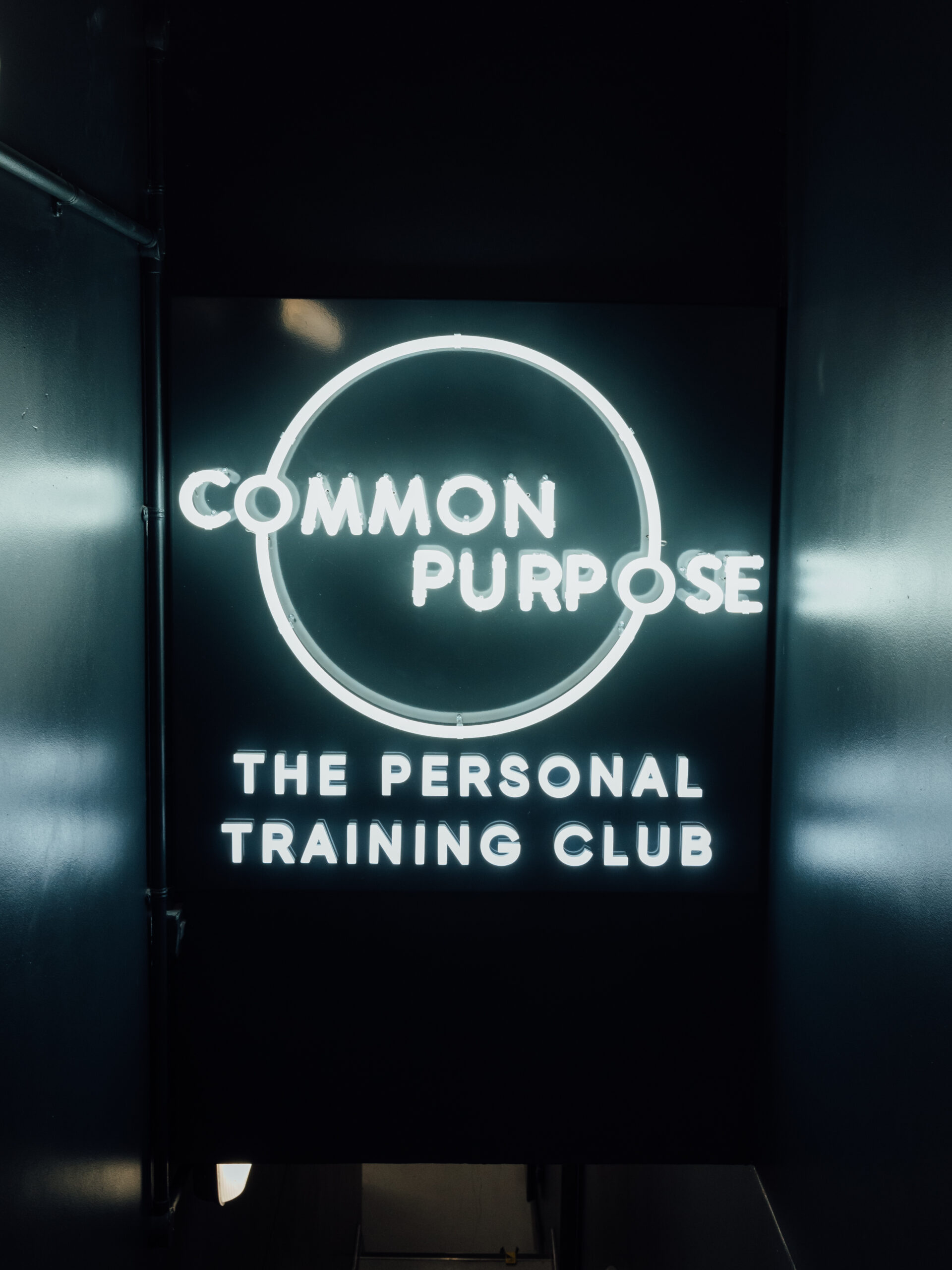 Common Purpose Team
Common Purpose Team
